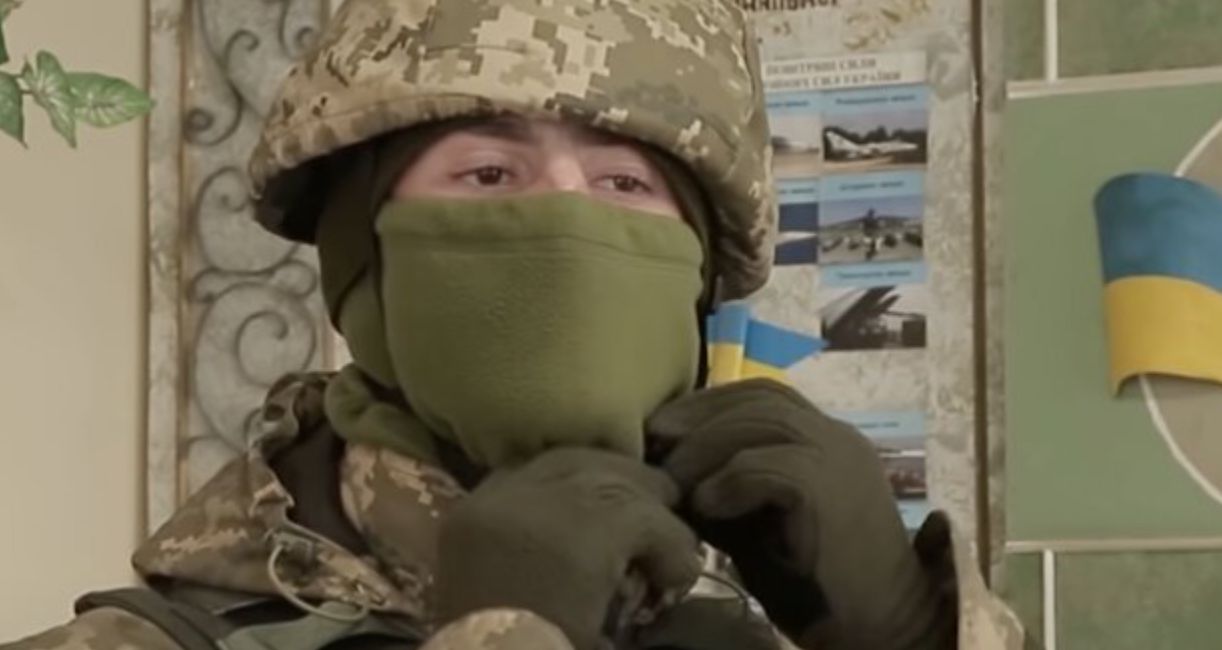Who needs a new document for the purpose of deferral to care for relatives
The new document is an act issued by a commission that may include members of the local council and representatives of local government executive bodies.
In order to establish the fact of caregiving and, accordingly, to obtain a deferment from conscription, cer-tain persons liable for military service will need to obtain an additional document. This document is an act on establishing the fact of caregiving, which will be issued by a specially created commission. This docu-ment is referred to in the Procedure for Conscription of Citizens for Military Service during Mobilization, for a Special Period, approved by the Cabinet of Ministers of May 16, 2024, No. 560.
In particular, this resolution defines the peculiarities of registration of deferment for caregivers who:
- are engaged in constant care for a sick wife (husband), child and/or their father or mother (father or mother of the wife (husband), if she herself needs constant care according to the conclusion of the MSEC or the LCC, died, was declared missing or missing in action declared dead, and the wife's father or mother has no other able-bodied family members who are obliged and able to take care of them) who, according to the conclusion of the MSEC or the MCC of a healthcare institution, need constant care - para. 9, part 1, Article 23;
- who have one of their parents with a disability of group I or II or one of the parents of their spouse with a disability of group I or II, provided that there are no other persons who are not liable for military service and are obliged to support them in accordance with the law (unless such persons are themselves persons with disabilities and require constant care, are under arrest (except for house arrest), are serving a sen-tence of restriction or imprisonment) (we recall that under the new law, in the absence of non-military persons, only one person from among persons liable for military service may care for a person with a disability of group I or II at the choice of such a person with a disability) - para. 13, Part 1, Article 23;
- family members of the second degree of kinship of a person with a disability of group I or II, engaged in permanent care for him/her (no more than one and in the absence of family members of the first degree of kinship or if family members of the first degree of kinship themselves need permanent care according to the conclusion of the medical and social expert commission or medical advisory commission of the health care institution). In the absence of family members of the first and second degree of kinship, the provision of this paragraph applies to family members of the third degree of kinship of a person with a disability of group I or II - clause 14, part 1, article 23.
To apply for a deferral, caregivers must submit an application to the CCC in paper or electronic form, in particular, in case of technical implementation by means of the electronic office of a conscript, person liable for military service, or reservist, to which a written application of the person in need of care or per-manent care is attached, in any form, indicating the RNOKPP, confirming the absence of other persons who are not liable for military service and are obliged by law to support him/her (spouse, able-bodied children), or other able-bodied family members who are obliged and able to provide constant care.
The CCC checks the presence of such a person liable for military service in the military register, the family ties of the person liable for military service and the person in need of care (permanent care), the presence of other registered/declared persons at the address of residence or the address of the declared/registered place of residence of the person in need of care, using information from the State Electronic Register of Persons Liable for Military Service of Ukraine, the State Register of Civil Status Acts of Citizens and the Unified State Demographic Register, other information.
The materials based on the results of the inspection are sent to the head of the executive body of local self-government at the address of the place of residence or the address of the declared/registered place of residence of the person liable for military service who provides care. In case of discrepancies in the data provided in the application of the person liable for military service or failure to confirm the fact of estab-lishing the provision of care (permanent care), the commission does not consider the application.
In order to establish the fact of care (permanent care), a person liable for military service who provides care (permanent care) submits an application to the head of the executive body of village, town, city, district councils (if they are established) at the address of his place of residence or the address of his de-clared/registered place of residence.
The application is reviewed by a commission to establish the fact of care (permanent care) provided by a person, the decision to establish which is made by the head of the executive body of village, settlement, city, district councils (if established) at the address of the place of residence or the address of the dec-lared/registered place of residence of the person liable for military service who has applied for it.
The commission may include members of the local council, representatives of executive bodies of local self-government, and public organizations with a total number of at least 5 persons.
Based on the results of its work, the commission on establishing the fact that a person receives care (permanent care), taking into account the materials provided by the district (city) CCC or its department, draws up an act on establishing the fact that a person receives care (permanent care).
"The said act is one of the documents submitted by persons liable for military service to the district (city) CMC or its department to obtain a postponement of the call-up for military service during mobilization, for a special period."
Thus, we can see that the amendments adopted not only to the current law are adopted in accordance with the changes in the requirements of the time and the imposed martial law in Ukraine, but also in relation to business activities in accordance with the fact that a legal analysis of the situation, analysis of documents and verification of documents by a lawyer and a legal opinion were conducted.





























